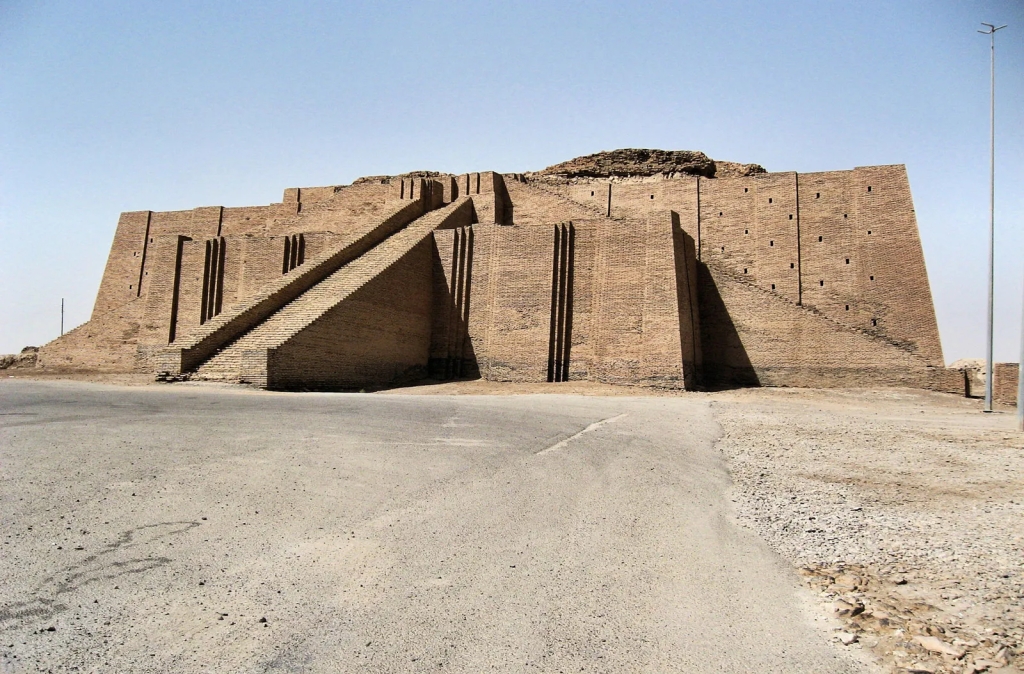Ur of the Chaldees is an ancient city located in Mesopotamia, present-day southern Iraq. With a rich history that dates back to around 3800 BC, Ur has played a significant role in the development of civilization in the region. According to biblical accounts, Ur was also the birthplace of Abraham, the patriarch of Judaism, Christianity, and Islam. Throughout this essay, we will explore the history and dates of Ur of the Chaldees, while also examining relevant biblical verses that shed light on this intriguing ancient city.
The city of Ur was one of the most important Sumerian city-states, flourishing during the Early Dynastic period of Mesopotamia. Archaeological evidence has revealed that the city was a center of commerce and culture, with an advanced system of governance and impressive architectural achievements. The remains of the Great Ziggurat of Ur, a massive stepped temple dedicated to the moon god Nanna, highlight the architectural brilliance of the time.
In the book of Genesis, it is mentioned that Abraham was born in Ur (Genesis 11:28). Abraham, originally named Abram, is revered as a central figure in the Abrahamic religions. According to biblical accounts, God chose Abraham to be the father of a great nation. Abraham, along with his wife Sarah, embarked on a journey from Ur to the land of Canaan, as commanded by God (Genesis 12:1-4). This migration marked a crucial turning point in the history of Ur.
The biblical narrative places Ur within the context of the wider region and its subsequent historical events. The book of Genesis further states that Terah, Abraham’s father, took his family from Ur and intended to settle in the land of Canaan. However, they first settled in Haran, a city located in present-day Turkey (Genesis 11:31). After the death of Terah, Abraham finally continued the journey to Canaan.
Determining accurate dates for the history of Ur can be challenging due to limited records and variations in historical interpretation. However, based on archaeological findings and biblical accounts, it is estimated that the height of Ur’s power and influence occurred during the 3rd millennium BC.
During this period, Ur had strong connections with various nearby kingdoms and experienced economic growth through trade networks extending to the Indus Valley. The Sumerian city-state was ruled by kings, such as Mesannepada and Ur-Nammu, who left behind inscriptions and legal codes that provide valuable insights into the governance of Ur during this time.
In addition to its economic and political prominence, Ur was renowned for its religious practices. The Sumerians worshipped a pantheon of gods, with Nanna, the moon god, considered the primary deity in Ur. The aforementioned Ziggurat of Ur served as the center of religious ceremonies and was an architectural marvel of the time.
Despite its glorious past, Ur eventually faced decline and was abandoned around the 6th century BCE due to a combination of factors, including political instability, changing trade routes, and environmental challenges. Today, the ruins of Ur stand as a testament to the remarkable achievements of the ancient Sumerian civilization and its impact on subsequent societies.
In summary, the city of Ur of the Chaldees holds tremendous historical significance, both in terms of its standing in the ancient world and its connection to the biblical figure Abraham. By examining archaeological evidence alongside biblical accounts, we can piece together the fascinating history and dates of Ur, shedding light on its flourishing civilization and remarkable achievements.




